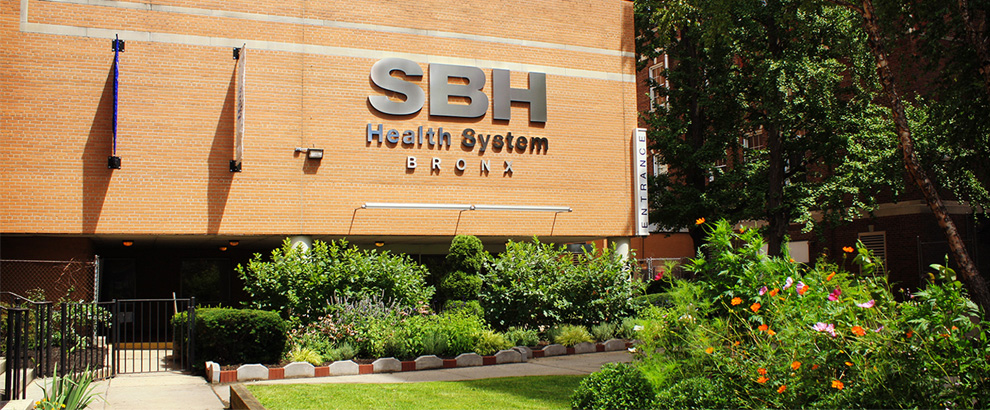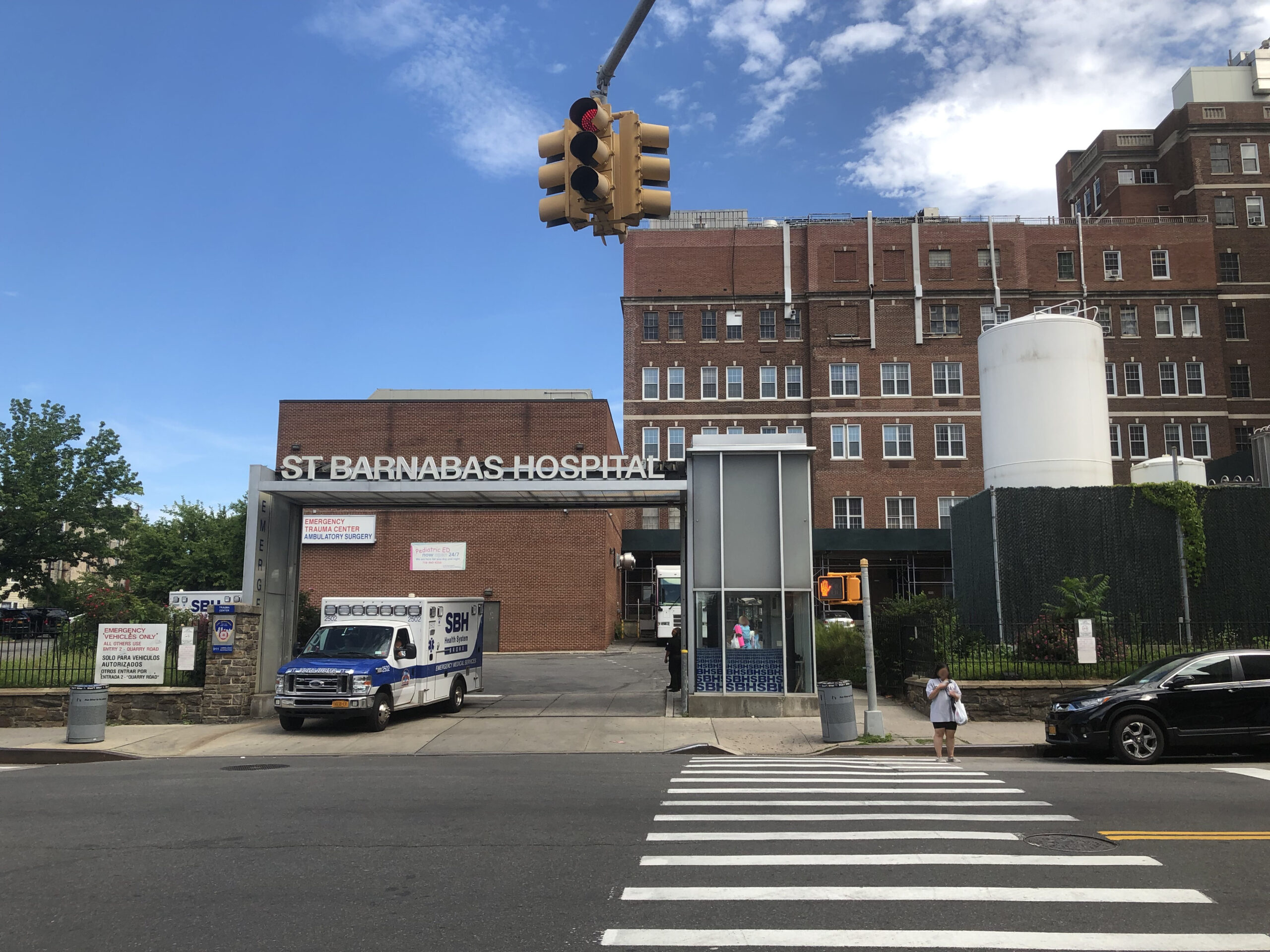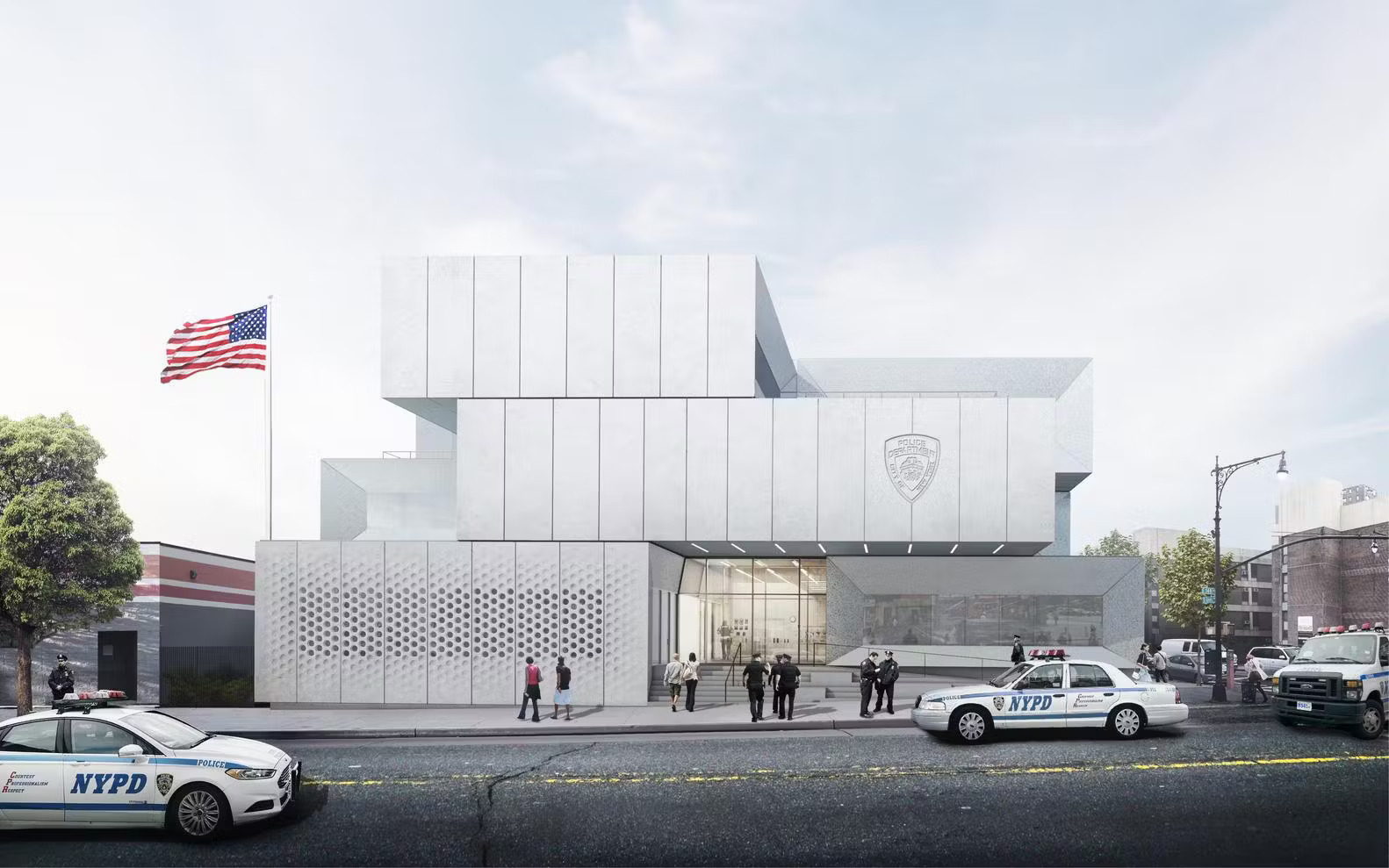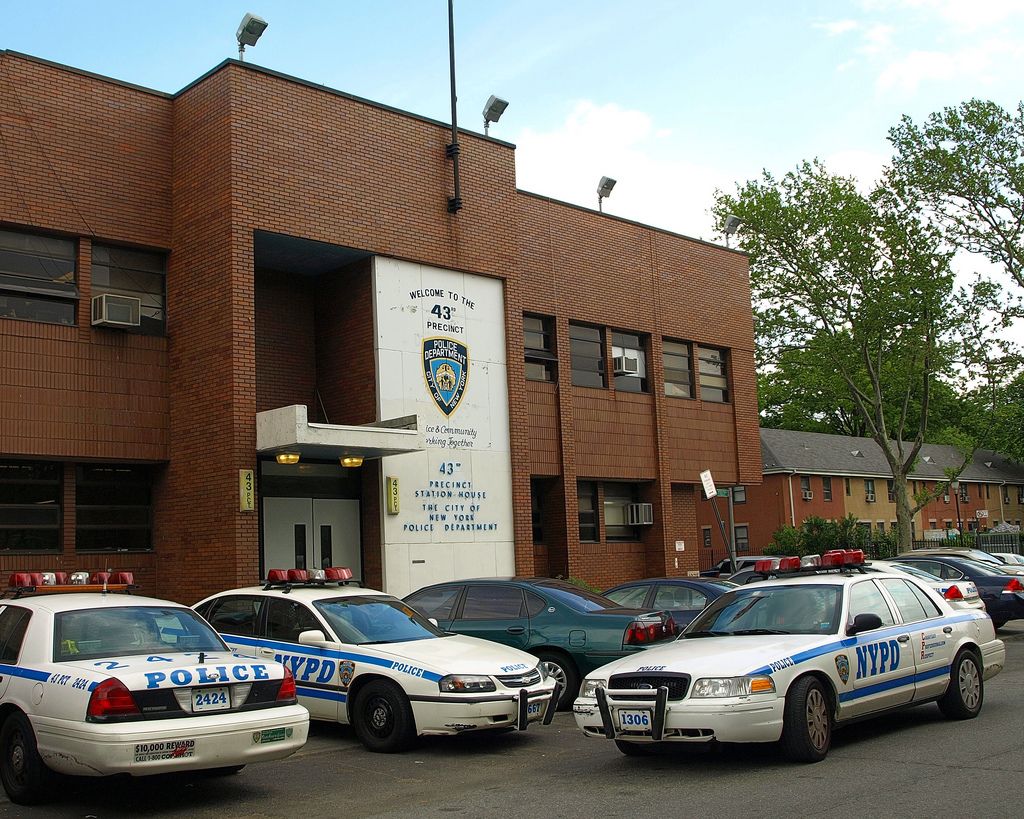
The Bronx, NY Drug & Alcohol Rehab Center: Local Resources
Local Resources & Information for Addiction Treatment if you are located in The Bronx.

Addiction Treatment at a Bronx Rehab Center
The Bronx, like many communities across the world, is facing the widespread issue of substance abuse. But there is good news! There are various resources available in the borough for individuals suffering from substance use disorders to receive the necessary guidance and support to conquer addiction.
Co-occurring disorders can be a complicated matter. Addiction treatment centers in the Bronx must provide individuals with practical, comprehensive dual diagnosis resources. They understand that addiction is often rooted in underlying mental health issues and can help individuals come to terms with their struggles while also providing counseling, education, and therapeutic services to foster lasting change.
Types of Addiction Treatment in The Bronx, NY
Addiction treatment is a crucial step in helping individuals who are struggling with substance misuse and dependence. It is the most effective path to recover and lead a fulfilling life after detox. There are various types of addiction treatment options available. Each is designed to meet the unique needs and requirements of the person in recovery through an individualized treatment plan.
How to Choose an Alcohol or Drug Rehab Center in The Bronx, New York
Rehabilitation centers can be an ideal place for individuals struggling with addiction, mental health disorders, or physical injuries to seek help and get back on track toward a healthy life. With so many facilities to choose from, it can be overwhelming for individuals and their loved ones to decide on the right Bronx rehab center.
Here are some factors to consider when choosing a recovery center:
-
Specialization and Treatment Programs
The first thing to consider is the specialization and treatment programs offered by the rehab center. You want to choose a facility that has experience and expertise in treating the specific condition you are seeking help for.
-
Location
Another important factor to consider is the location of the rehab center. Some individuals prefer a rehab center near their home, while others may prefer a facility far away to focus on their recovery. Consider factors such as travel expenses, accessibility, and family members’ support when choosing a location.
-
Cost and Insurance
Rehabilitation treatment can be expensive, and some facilities may not be covered by insurance. Ask the rehab in Bronx, NY, about the cost of admission, any additional fees for treatments, and payment options. If you have insurance, check with your provider to see what facilities are covered and what expenses will be covered.
-
Accreditation and Licensing
It’s wise to make sure that the Bronx rehab center you choose is accredited and licensed. This ensures that the facility meets quality standards and that the staff is trained and qualified to provide the best possible care.
-
Reputation
Research the reputation of the rehab center before choosing it. Read online reviews, ask for referrals from friends and family, and check the facility’s credentials. A facility with a positive reputation and good track record may increase the chances of a successful recovery.
Sober Living Houses in The Bronx, NY
Sober living houses offer a structured and supportive environment for individuals who have completed drug or alcohol addiction treatment. They provide a sober and drug-free living space that promotes healthy living and wellness while helping residents stay on track with their recovery goals.
Peer support, group therapy, and access to addiction services and community resources to help residents transition back into society and improve their job prospects. The houses also provide a sense of community and support among residents, which can be empowering and crucial to their recovery.
Sober living houses are an excellent option for those who seek a safe and supportive environment during their recovery journey. With a focus on community, structure, and sobriety, sober living houses can help individuals successfully rebuild their lives and relationships while remaining sober. If you are looking for addiction treatment in The Bronx, reach out to Ascendant today!
Contact Admissions Today

Emergency Services for Addiction in The Bronx




Community Resources for Mental Health & Addiction

Local Stats You Need to Know
The Bronx is facing a significant drug addiction and mental health crisis. In a recent study on the opioid epidemic in the Bronx, it was discovered that there were significant barriers to receiving medication-assisted treatment, leading to a reduced number of residents who take advantage of this treatment vs in other boroughs.[1]
From 2019 to 2020, the number of overdose deaths in Bronx County rose from 339 to 495 in just one calendar year.[2] Residents of the Bronx recorded the rate of deaths related to overdose in 2022 – 73.6 per 100,000 residents.[3] This is an overall increase from the drug overdose rate in 2021, which was 70.1 per 100,000 residents.
Help for Addiction in The Bronx
Whether you or a loved one is suffering from substance abuse or mental health issues, there are treatment options available close to home. Rehab in Bronx, NY, provides comprehensive addiction treatment programs that give you the tools and support to help you rebuild your life and overcome addiction. Contact us today to learn more about our evidence-based drug treatment options.

Paying for Treatment in The Bronx
If you or someone you know is considering addiction treatment in The Bronx, there are various options available for paying for treatment. Insurance coverage is one option, as many insurance plans cover addiction treatment as part of their mental health coverage.
Government-funded programs such as Medicaid can also be used to cover addiction treatment, alongside New York State’s Opioid Overdose Prevention and Treatment Program, which provides funding for addiction treatment services.
Also, some treatment centers offer sliding scale fees based on income, and there may be nonprofits or charities in the area that offer grants or scholarships to help cover the costs.
Frequently Asked Questions About Attending A Rehab Center in The Bronx
Rehab programs in The Bronx may offer a range of services, including detoxification, behavioral health therapy, group therapy, medication-assisted treatment, holistic therapies, and aftercare planning.
The cost of drug and alcohol rehab programs in The Bronx varies depending on the level of care, length of stay, and services provided. However, most rehab programs accept insurance and offer payment plans to help make treatment more affordable.
Most rehab programs restrict or prohibit the use of phones and the Internet during treatment. This is to help individuals focus on their recovery and reduce distractions.
Opioid treatment programs may allow visitors during designated hours or on specific days. However, this may vary depending on the program’s policies and the individual’s level of progress in treatment.
Other Nearby Locations
[1] Bronx District Attorney’s Office. (n.d.). Bronx Opioid Epidemic Needs Assessment. Retrieved from https://www.bronxda.nyc.gov/downloads/pdf/annual-reports/Bronx-Opioid-Epidemic-Needs-Assessment.pdf
[2]New York State Department of Health. (2022). New York State opioid annual report 2022. Retrieved from https://www.health.ny.gov/statistics/opioid/data/pdf/nys_opioid_annual_report_2022.pdf
[3]New York City Department of Health and Mental Hygiene. (September, 2023). Epi Data Brief: Opioid overdose deaths in New York City, 2021. Retrieved from https://www.nyc.gov/assets/doh/downloads/pdf/epi/databrief137.pdf











